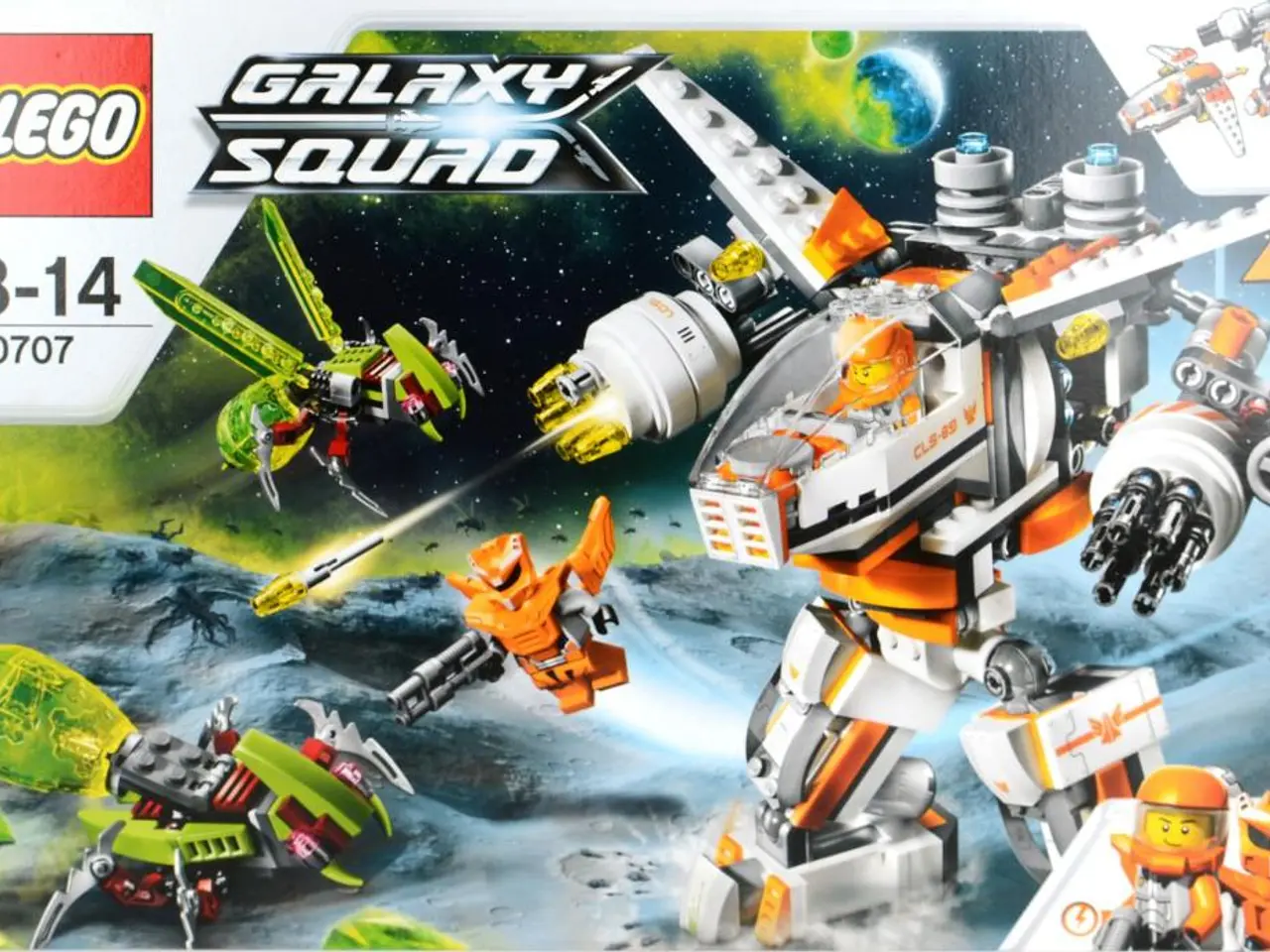AI's Ability to Rhyme: Exploring the Tech Powering the Beats
In the ever-evolving world of technology, AI-generated rap music is making waves, particularly in language learning and STEM outreach. However, this innovative approach raises a host of ethical, cultural, and legal questions.
Cultural and Ethical Considerations
Given rap's deep roots in African American history, the use of AI in generating rap music involves issues of cultural appropriation, misrepresentation, commodification of identity, artist rights, and transparency. The risk of misrepresenting or commodifying cultural identity is high if the technology produces work without adequate respect or understanding of its roots.
The danger of cultural appropriation is palpable, where AI systems trained on existing artists' works (often without permission) reproduce styles in a way that detaches the art from its lived socio-cultural context, reducing it to mere sound or product. This can dilute the significance of the genre and shift focus from human expression to technical replication.
Such misuse may perpetuate stereotypes or misunderstandings, as AI lacks the lived experience and nuanced understanding inherent in the original creators’ cultural context. Indigenous and marginalized communities have raised concerns about unconsented use and cultural misappropriation related to AI-generated content, highlighting the ethical imperative for data sovereignty and respect for cultural heritage in AI training datasets.
Legal Considerations
The legal landscape grapples with AI-generated music, especially regarding ownership of AI-created content and whether musicians can opt out from having their works used in AI training data. Major record labels are negotiating licensing agreements with AI companies but face challenges differentiating human creativity from AI-generated output, complicating enforcement and compensation models.
The lack of transparency in AI training data causes difficulty in verifying if and how recordings from African American artists (or others) inform AI creations, raising concerns over unauthorized use and intellectual property rights. Calls exist to implement clear labeling of AI-generated music to preserve consumer awareness and protect human artists’ rights.
Industry and Social Impact
AI-generated rap and music flood digital platforms, potentially displacing human artists’ visibility and revenue, worsening existing challenges for African American and other marginalized creators in gaining recognition and fair compensation. The commodification of culturally specific music styles by AI could lead to a decontextualized exploitation of cultural forms, where rap becomes a product lacking socio-political or cultural depth, which undermines its original purpose and meaning.
Moving Forward
The future of AI rap hinges on thoughtful design. It requires careful attention to respecting cultural origin, ensuring artist consent, maintaining transparency about AI involvement, and adapting legal frameworks to protect creative rights and prevent exploitation or erasure of African American cultural identity. Without this, AI-generated rap risks perpetuating commodification and cultural misrepresentation rather than fostering genuine artistic innovation.
AI rap is being used in various domains, from content creation for YouTube intros, podcast jingles, and social media content, to game development for dynamic dialogue and context-aware soundtracks, and even by marketers for customized content campaigns. As language, rhythm, and identity converge in AI rap systems, they are likely to shape how the technology is regulated, distributed, and evaluated in a historically rich creative ecosystem.
[1] Crawford, K., & Lundrigan, P. (2019). Artificial intelligence, race, and inequality. MIT Press.
[2] Lewis, M. (2019). The culture of AI: Race, gender, and technology in the United States. Polity.
[3] Jenkins, H. (2016). Gaming and culture. Routledge.
[4] Richtel, M. (2019, May 26). A.I. is learning to write songs. But who owns the copyrights? The New York Times.
[5] Zittrain, J. (2019). The future of the Internet — and how to stop it. Yale University Press.
- The cultural debate over AI-generated rap music involves concerns about cultural appropriation, misrepresentation, and commodification of identity, given its historical roots in African American culture.
- The legal landscape is challenging with AI-created music, as ownership of AI-produced content is unclear, and there are questions about whether musicians can opt-out from having their works used in AI training data.




